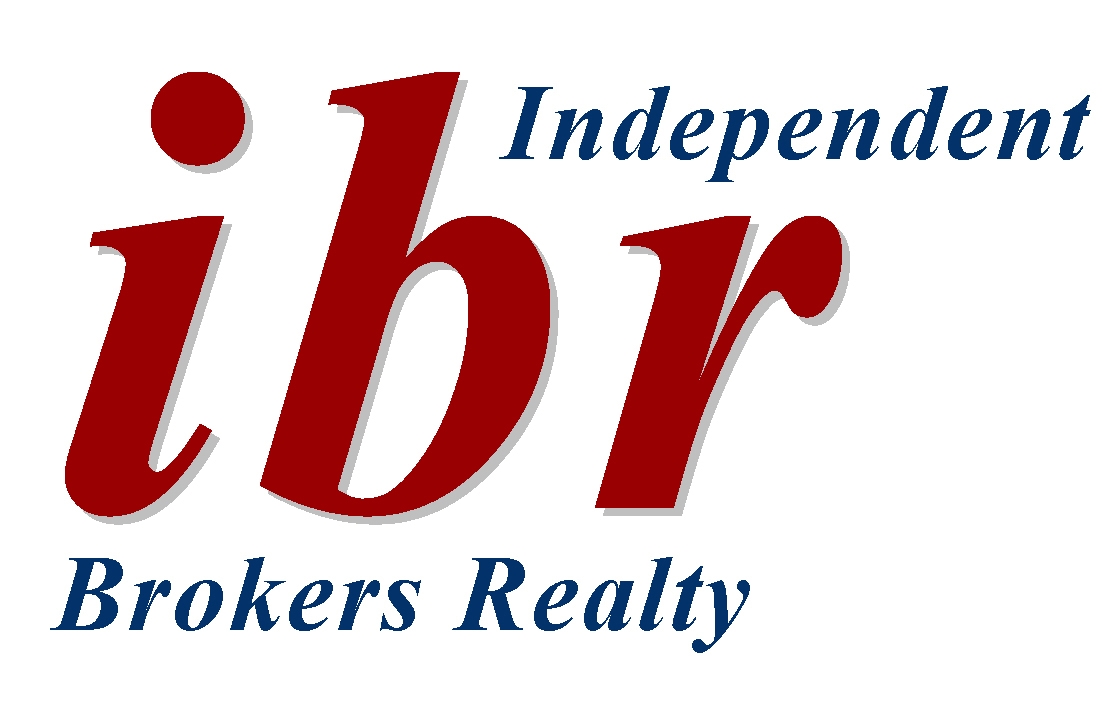Foreclosure Search
*Note - This search may not represent all the foreclosures on the market today. For a more specific search please contact us.
What is Foreclosure?
Foreclosure is a process that allows a lender to recover the amount owed on a defaulted loan by selling or taking ownership (repossession) of the property securing the loan. The foreclosure process begins when a borrower/owner defaults on loan payments (usually mortgage payments) and the lender files a public default notice, called a Notice of Default or Lis Pendens. This process allows for three opportunities for finding bargains on foreclosure homes.
Pre-Foreclosure
Buying a property in pre-foreclosure involves approaching the borrower/owner and offering to buy the property outright. The borrower/owner can walk away with something to show for any equity in the property and avoid a bad mark on his or her credit history. The buyer has time to research the title and condition of the property and can realize discounts of 15-25 percent below market value.
Auction
If the loan is not reinstated by the end of the pre-foreclosure period, potential buyers can bid on the property at a public auction. Buyers often are required to pay in cash at the auction and may not have much time to research the title and condition of the property beforehand; however, a public auction often offers some of the best bargains and avoids the unpredictability of dealing directly with the borrower/owner.
Bank-owned
If the lender takes ownership of the property, either through an agreement with the owner during pre-foreclosure or at the public auction, the lender will usually want to re-sell the property to recover the unpaid loan amount. The lender will then typically clear the title and perform needed maintenance and repair; however, the potential bargain for these REO homes is typically less than a pre-foreclosure or auction property. Bank foreclosures can become government foreclosures if the loan is backed by a government agency such as the Department of Housing and Urban Development (HUD) or the Department of Veterans Affairs (VA). In that case the government agency would be responsible for selling the property.
Foreclosure Options
Option # 1: Reinstatement of Loan (Cure): This option is paying the lender everything that is owed in one lump sum to include missed payments, any late fees associated with these payments, foreclosure fees, legal fees and the principal owed during the delinquency. The lender then will reinstate the loan and stop the foreclosure. The homeowner will continue to make his mortgage payments just like he did when the foreclosure occurred.
Option # 2: Forbearance Agreement - A strategy worth pursuing is called a Loan Forbearance (Payment Plan). The loss mitigation department of your mortgage company may agree to take some of the back payments now and pay the balance within a certain period of time. For Example: You owe $6000 in back payments and fees. Your mortgage company may accept $3000 now and $500 dollars a month for the next 6 months.
Option # 3: Loan Modification - A loan modification is your mortgage company adding your late payments and fees to the loan balance and reinstating your loan. That will be a permanent change to your mortgage and your monthly payment will be just a little higher then before. It depends on the Bank. Some Banks will do it some will not. Forbearance Agreement and Loan Modification are two strategies that are easier to arrange prior to the Mortgage Company filing a foreclosure lawsuit. Some Lenders will not consider it after filing, but it's worth trying.
Option # 4: Deed-in-Lieu - A Deed in Lieu is an option in which a borrower voluntarily deeds collateral property in exchange for a release from all obligations under the mortgage. A DIL may not be accepted from borrowers who can financially make their payments.
Option # 5: Refinancing - After a couple payments are missed you will probably receive letters from mortgage brokers and lenders saying you are already pre-approved for a new mortgage. The fact is that it is very difficult to arrange new financing when you are already in default on your existing mortgage. Be very cautious about sending advanced fee's of $300-$600 to lenders or mortgage brokers. Usually they just want to take advantage of your financial situation. Arranging new financing will depend on your income, credit report, value of your home and amount of your equity. If you attempt to refinance, you should always have a back up plan available to you. Many times we have had home owners call days before the Auction saying their financing did not go through, and then it's too late.
Option # 6: Bankruptcy - A possible alternative if your financial situation has improved is filing for Bankruptcy prior to the Auction to stop the foreclosure. Unfortunately for most people filing for Bankruptcy only postpones the auction sale for one or two months and adds more debt for them to pay off. Immediately after filing for Bankruptcy you have to file a repayment plan with the courts to proof you have sufficient monthly income to pay basic living expenses such as food, utilities, credit cards, car payments etc. In addition your income must be sufficient to resume making your monthly mortgage payments. All past due amounts are usually spread out between 24 and 60 months. If you owe $9000 in missed payments and attorney fees if spread out over 48 months that would be an additional $187.50 due each month to the court appointed trustee. If you feel that you do have the income to immediately begin repayment of all your debts and the courts agree, this may be a good choice for you to save your home.
Over the years, we have spoken with many individuals who filed for bankruptcy protection only to have their cases dismissed. Not only were they out their attorney's fees ($1500-$2500) but now had bankruptcy and foreclosure on their credit report. Keep in mind that even when you file for bankruptcy you still have to keep making payments.
Option # 7: Sell your home on the open market - The fact is selling your home will give you the most money in your pocket. If you have recently been served with a foreclosure lawsuit you still have enough time to sell your home which will provide you and your family with the greatest amount of money to help for a fresh start .
Option # 8. Short Sale - A short sale occurs when a property is sold and the lender agrees to accept a discounted payoff, meaning the lender will release the lien that is secured to the property upon receipt of less money than is actually owed. If the unpaid balance of a loan is, say, $100,000 and a property sells for $90,000, under a short sale the lender might accept $90,000 as payment in full.
You have probably been swarmed by investors calling you and knocking on your door. If not yet, you soon will be. A word of caution, some investors are very aggressive and unethical. Some investors will tell you that " you only have one or two weeks before the auction and your furniture and possessions will be placed on the sidewalk or street." This scare tactic is usually accompanied by a ridiculously low offer.
The fact is you have several months before that could happen, but this is not a time to sit back and relax but pursue one of the options available to you that makes the most sense for you and your family. Don't be rushed or scared into giving up your hard-earned equity.
Option # 9: Let your home be sold on the court house steps - By far, the worst option available to you! Many people say " I have no equity, let the bank take it", but homes that are sold on the courthouse steps typically sell between %50 and %70 of their fair market value. Moreover, if a bank suffers a loss due to the pending foreclosure action against you, they also have an option. They can file a deficiency judgment against you and pursue you for the amount of their loss.






